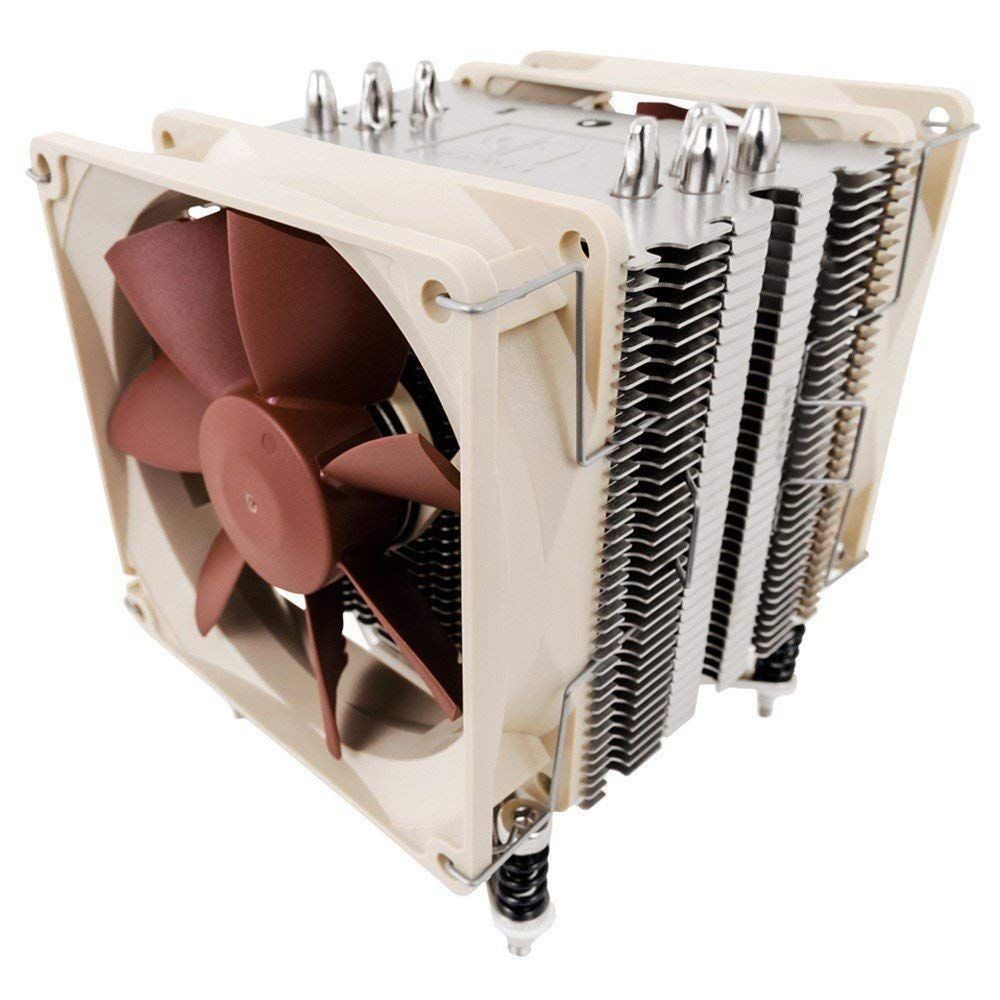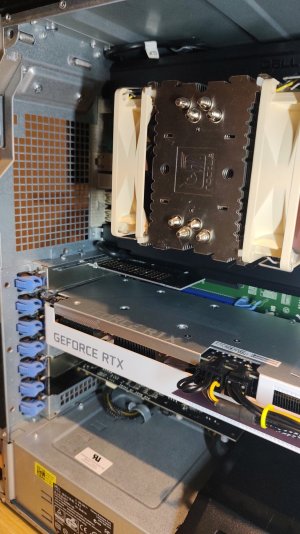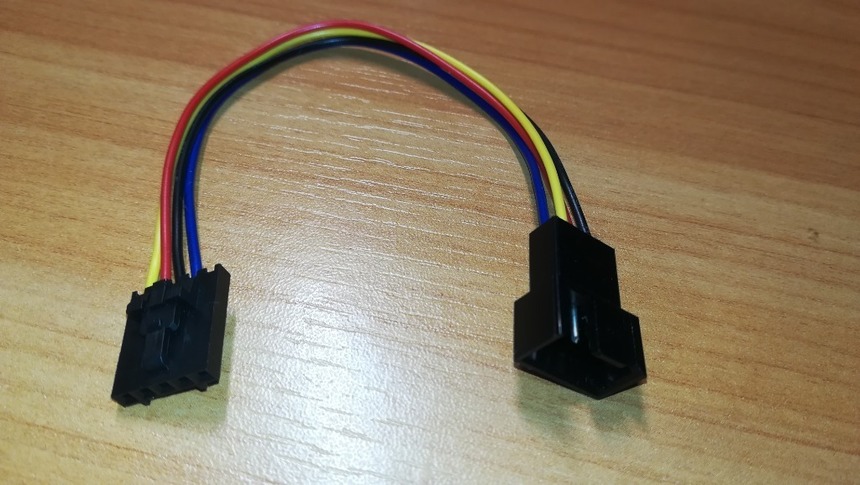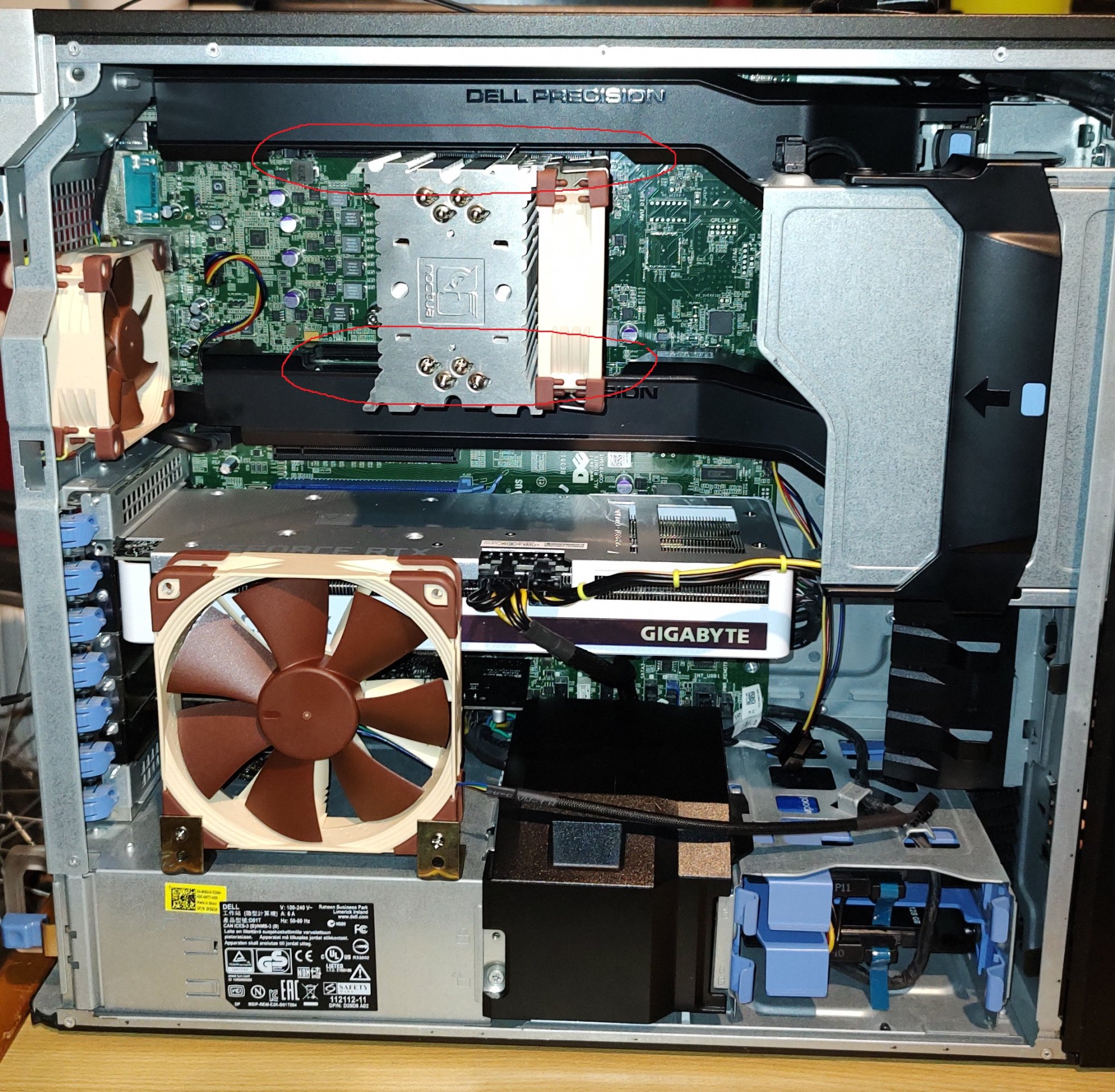Cyber Akuma
Gawd
- Joined
- Jan 3, 2009
- Messages
- 645
I have a Dell Precision T3610, it's a Xeon based workstation.
It has a Intel Xeon 1620 v2, it's a 4C8T CPU with a base clock of 3.7GHz and Turbo of 3.9Ghz and 10MB of L3 cache.
Apparently my motherboard does support upgrading the CPU to a 1650 v2
The Intel Xeon 1650 v2 is a 6C12T CPU with a base clock of 3.7GHz and Turbo of 3.9Ghz and 12MB of L3 cache.
Other than that they seem to have the same specs, including thankfully the TDP so I can just re-use the existing cooler since I have no idea what my options would be for a Xeon cooler in a proprietary Dell case.
The 1650 v2 can be had for under $20 on eBay. Would the additional 2 cores/4threads and 2MB of cache help with using this as a gaming system? Or would it actually hold me back due to the lower base clock speed?
I also heard that unofficially, I might be able to put a 2687W v2 or 2697 v2 in it, the 2697 v2 sounds like a downgrade for gaming though, the 2687W v2 though would require me to get a better cooler, and I can't find any confirmation on if this will or will not work.
If it does work, would the 2667v2 then be the best option? Goes for around $25 on eBay, 8C16T, 25MB L3 cache, and same TDP as my current CPU so I am assuming that means I can just use the existing cooler.
Only concern is that while the boost clock is a slightly higher 4GHZ over my 3.9GHz, the base clock is a much slower 3.3GHz over my current 3.7GHz and I don't know if that could give me a worse gaming performance.
It has a Intel Xeon 1620 v2, it's a 4C8T CPU with a base clock of 3.7GHz and Turbo of 3.9Ghz and 10MB of L3 cache.
Apparently my motherboard does support upgrading the CPU to a 1650 v2
The Intel Xeon 1650 v2 is a 6C12T CPU with a base clock of 3.7GHz and Turbo of 3.9Ghz and 12MB of L3 cache.
Other than that they seem to have the same specs, including thankfully the TDP so I can just re-use the existing cooler since I have no idea what my options would be for a Xeon cooler in a proprietary Dell case.
The 1650 v2 can be had for under $20 on eBay. Would the additional 2 cores/4threads and 2MB of cache help with using this as a gaming system? Or would it actually hold me back due to the lower base clock speed?
I also heard that unofficially, I might be able to put a 2687W v2 or 2697 v2 in it, the 2697 v2 sounds like a downgrade for gaming though, the 2687W v2 though would require me to get a better cooler, and I can't find any confirmation on if this will or will not work.
If it does work, would the 2667v2 then be the best option? Goes for around $25 on eBay, 8C16T, 25MB L3 cache, and same TDP as my current CPU so I am assuming that means I can just use the existing cooler.
Only concern is that while the boost clock is a slightly higher 4GHZ over my 3.9GHz, the base clock is a much slower 3.3GHz over my current 3.7GHz and I don't know if that could give me a worse gaming performance.
Last edited:
![[H]ard|Forum](/styles/hardforum/xenforo/logo_dark.png)



